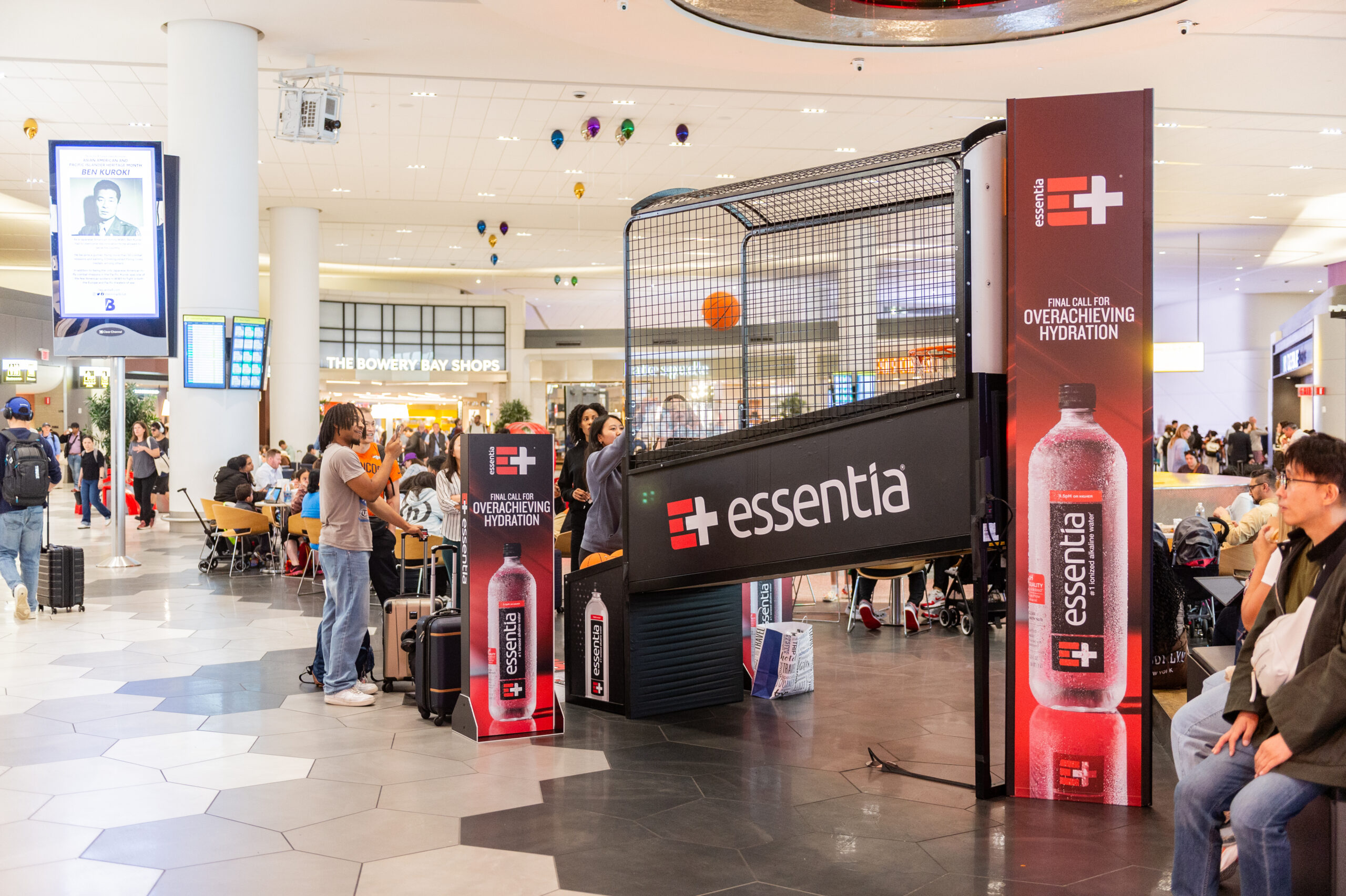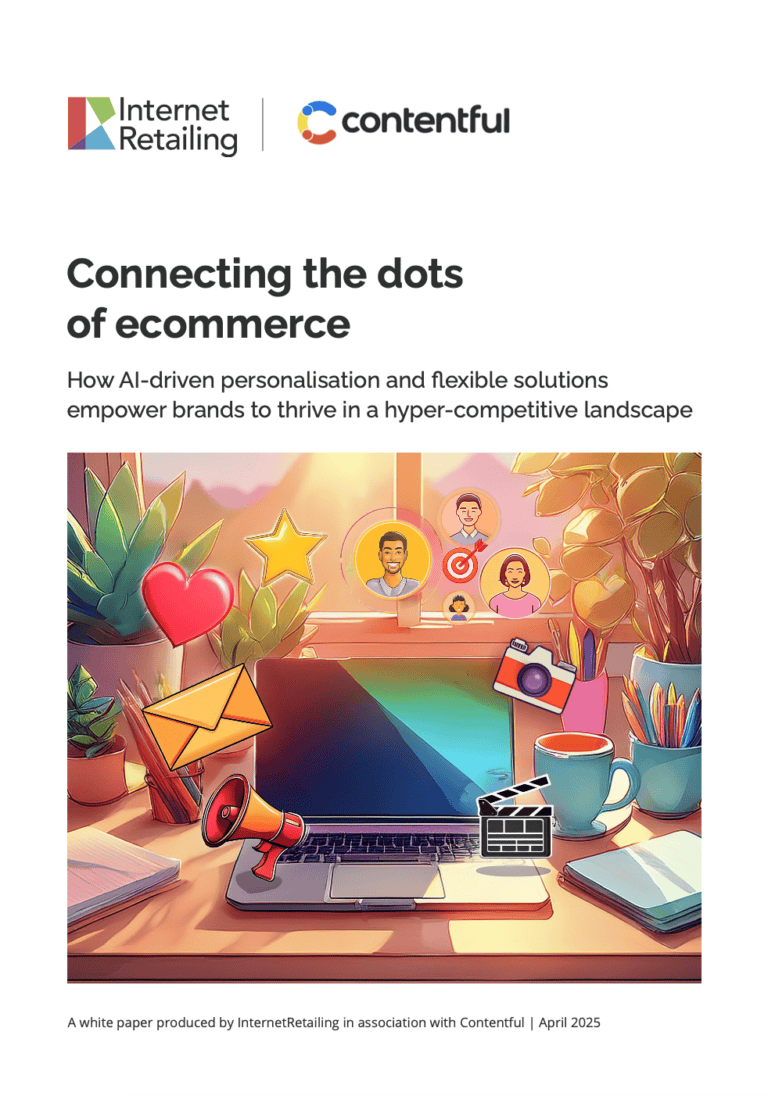The rise of ecommerce, and the emergence of widespread discounting have both influenced the way that shoppers buy in recent years, new research suggests. But, suggests the study from retail IT consultancy and technology business the REPL Group, Brexit has had less of an effect than may have been thought.
REPL questioned 1,000 shoppers about how their shopping habits had changed over the past five years. Almost two-thirds (61%) said they were buying differently. Sixty per cent cited the growth of online retail, while 21% said that discounting was one of the biggest changes. More than three-quarters (76%) said Brexit had had no effect on their spending habits – suggesting that it did affect the way 24% bought to some extent.
Focus on discounting
The study found that while 31% wait for the sales in order to buy, 69% have been put off doing so – for a variety of reasons. More than a third (35%) of respondents said they had been put off buying during a sale because they saw the original price of the item had been increased and the reduction did not make it cheaper. Other factors that made shoppers less likely to buy during a sale included chaotic store environments (32%), and limited stock availability (26%).
Mike Callender, executive chairman of REPL Group, said: “According to our research, 31% of people who buy during discounting periods specifically wait for the sales to do so. This is just one of the ways that the culture of year-round discounting is harming high street brands as it is leading to missed sales with consumers not purchasing products they don’t feel are reduced enough – much less full-priced items. With over a third (34%) of consumers revealing that they’d find the ability to compare prices most beneficial during discounting events, retailers should explore ways to offer this. If retailers were to implement technology to cater to these needs, as well as provide consumers with real-time stock availability and personalised offers, they could entice shoppers back to the high street.”
Attitudes to email marketing
The study also found that 60% of consumers said they did not like being sent email marketing about discounts, perhaps because there were so many of them.
Callender said: “Short-term discounting isn’t the answer to the high street’s problems, particularly as shoppers wise-up to the discounting cycles and put more thought into the purchases they want to make. If we look at retailers like JD Sports and Lush, it becomes clear that it’s possible to thrive on the high street without constant discounting. These brands refuse to fall into the trap of year-round discounting, often abstaining from events like Black Friday, and only discounting items once or twice a year, yet they still attract consumers and are some of the best performing high street stores. These retailers demonstrate that offering a real, tangible discount less frequently would be more beneficial.”
Image: Adobe Stock









